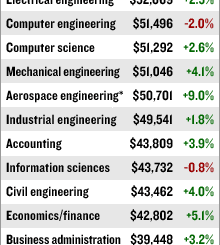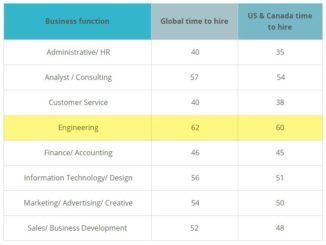
Mechanical engineers work with machines and mechanical systems. This may range from nanotechnology to space travel via ordinary household objects.
Mechanical engineering is a sub-discipline of engineering, like civil or electrical. Engineers are accredited, educated professionals. In most areas, to legally work as an engineer and use that title, the professional in question must have:
Engineering education – Typically a university degree
Professional training or experience – Which may include further examinations or other testing
License or accreditation – From a national or international body
What do mechanical engineers do?
Mechanical engineers work on a wide range of projects. They are typically hired by a larger company to work on internal projects or as part of a team working on an external project, such as a construction project. Mechanical engineers will often:
Research and design mechanical systems – Both bespoke systems and units for mass production
Design structural systems for buildings – Such as ventilation, heating or cooling systems
- Create plans and blueprints
- Analyze, model or predict stresses and points of failure
- Assess or test material suitability
As mechanical engineering is a complex field, many mechanical engineers specialize further. Sub-disciplines include:
- Robotics
- Materials
- Structural
- Product design
Electrical engineering:
Is an engineering discipline that requires advanced study. Typically, an electrical engineer (EE) will have an undergraduate or master’s degree while an electrician will have done an apprenticeship or on-the-job training.
Electrical engineers deal with electrical systems, usually on a scale larger than a house. Rather than wiring up lights, EEs will be involved in the planning and development of the grid which gets electricity to the home so that the lights will come on at all.
Educated professionals
In many countries an electrical engineering degree is not sufficient to allow someone to become a practicing EE. In these cases, licensing or accreditation will be required, which may come after further study or an internship with an established electrical engineering firm.
What do electrical engineers do – Electrical engineers will often specialize but their roles may include:
Designing, installing and maintaining electrical systems – These range from household appliances to the national grid
- Testing and certifying installations
- Designing or installing communication systems
EE may act as project managers and designers, overseeing the implementation of a project by technicians or electricians.
Electrical engineers and construction
While small construction projects will rarely involve an EE, larger and complex ones often do. They may:
Extended power systems – For example to connect a new estate to the grid
Design new power systems – Including renewable energy installations
Work on complex electrical systems – For example in a factory or skyscraper
- Inspect or certify completed systems
- Provide cost and labor estimations
—
Proudly WWW.PONIREVO.COM



